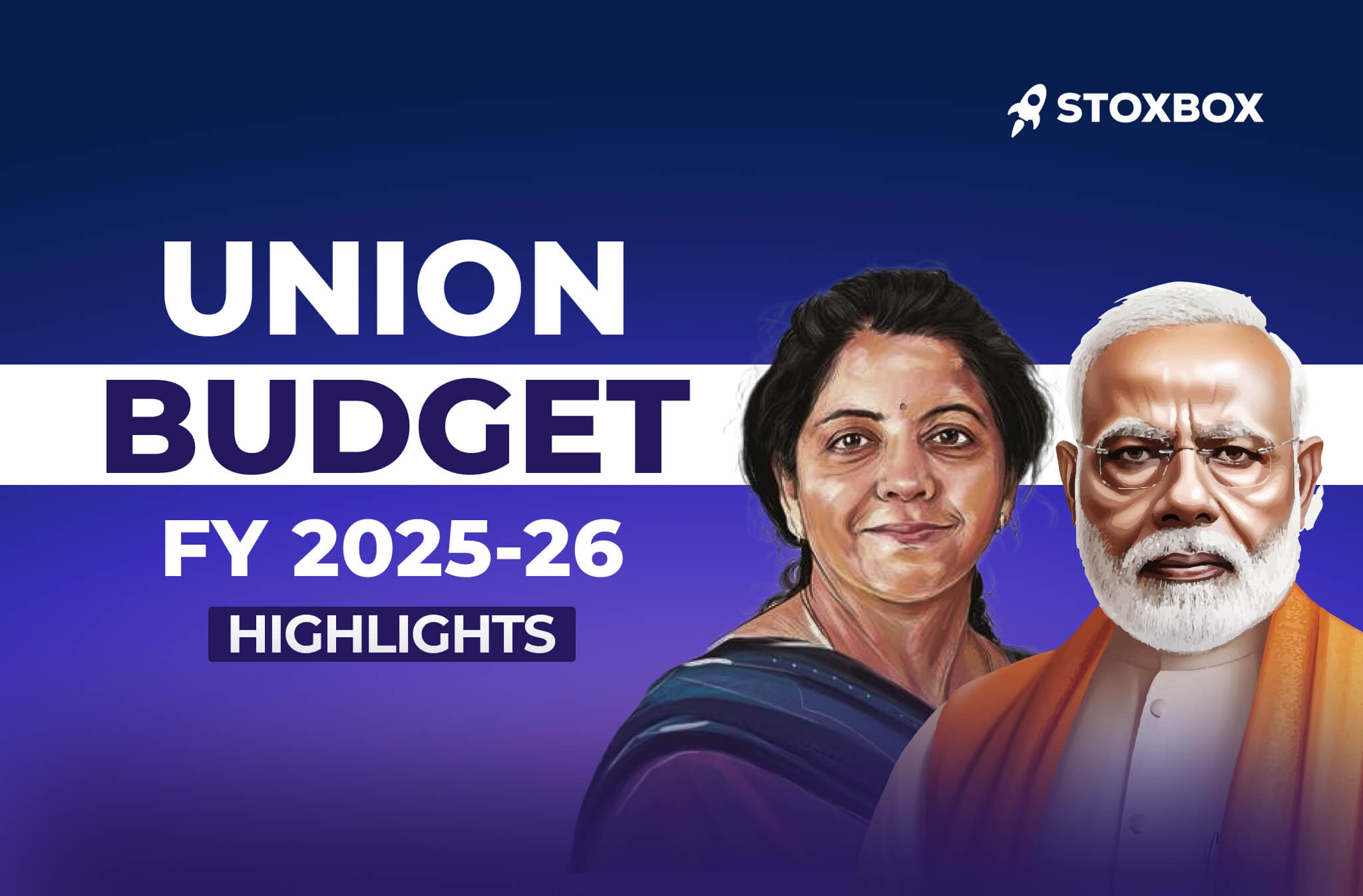Check out the latest auto wholesale update for the month of july
Table of Contents
Inventory correction amid weak demand trends
In July 2024, the auto industry experienced a sombre month with mixed wholesales across segments, reflecting underlying demand weaknesses. PV wholesalers saw a low single-digit decline, driven by higher-than-normal dealer inventories as highlighted in recent Q1 earnings calls. The CV segment overall saw a low double-digit volume decline in both MHCVs and LCVs, with the MHCV seasonally adjusted annual rate (SAAR) dropping sharply to 330,000 units from 390,000-400,000 in recent months. Although the 2W industry saw high single-digit growth (except for HeroMotocorp (-5%) & Royal Enfield (-8%)), this performance was underwhelming when considering strong retail growth and a low base. Tractor sales increased by 4% YoY, with management commentary suggesting a potential revival in the second half of FY25, driven by favourable monsoon conditions and higher crop realisations. Despite the introduction of Bajaj Auto’s new CNG bike receiving positive feedback in Maharashtra, overall demand was hampered by heavy rainfall across many regions, leading to lower customer footfalls and a lack of festive events. Inventory levels have built up across all categories, now ranging from 40-60 days. Notably, the EV 2W segment showed strong growth due to new launches, while the export 2W segment continued its recovery, albeit at a slower pace. Despite these dynamics, downside risks to FY25 estimates persist due to ongoing demand challenges.
Passenger Vehicles
In July 2024, the domestic PV industry witnessed a low single-digit YoY decline in wholesale volumes, primarily due to inventory correction due to a 6% YoY drop in retails in June, and weak demand trends owing to incessant rainfalls affecting footfall and Shradh(an inauspicious period) observed in northern India. Despite this, retail sales in July showed a high single-digit YoY improvement, indicating some recovery. Maruti Suzuki India Limited (MSIL) experienced a 4% YoY decline in total volumes, with domestic volumes down 5%, partially offset byan8% YoY growth in exports. MSIL’s wholesale market share stood at approximately 40%, reflecting a 340 basis points decline YoY. MSIL’s new Swift variant boosted sales by 15-20% compared to the previous version, while M&M rekindled consumer interest by reducing prices of the XUV700’s AX7 and AX7L models by Rs. 200,000. Discounts on MSIL and Tata Motors models remained stable month-on-month, with significant discounts seen on the Jimny and Tata’s Punch. Inventory levels for MSIL, Tata Motors, and M&M are currently at 40-45 days, indicating that dealers are holding more stock than usual.
Two Wheelers
In July 2024, domestic 2W wholesale saw high single-digit YoY growth, partly due to a lower base from select OEMs affected by supply chain issues in the previous year. Domestic ICE retail sales improved, growing in the low teens YoY, while EV 2W retail sales surged by 96% YoY aided by a lower base from the moderation of FAME II incentives in 2023 and the recent launch of new mass-market EV models. Export demand also showed signs of recovery, with high single-digit sequential growth, largely fueled by a sharp increase in Honda’s export volumes. Among listed 2W players, Hero MotoCorp (HMCL) reported a 5% YoY decline in volumes. Growth at Hero was tempered by inventory corrections, post stocking up in June. Notably, TVS and Bajaj posted 8% and 19% YoY growth respectively, withHondaleadingat41% growth due to base effects and market share gains. In 2W exports, Bajaj’s volumes remained flat YoY, while TVSachieved11%growth. Bajaj Auto’s newly launched Freedom 125 in Maharashtra and Gujarat has received an impressive initial response, with the waiting period exceeding one month and cancellation rates below 5%. On the other hand, Royal Enfield’s Guerrilla, launched in the modern classic segment, is yet to see significant demand momentum as test vehicles are still being distributed. Inventory levels are rising, with Hero’s stock at 55-60 days, TVS and Honda at 35-40 days, Bajaj at 50-55 days, and Royal Enfield’s inventory standing at approximately three weeks.
Commercial Vehicles
In July 2024, the CV industry experienced a high single-digit YoY decline in domestic volumes primarily due to a lack of fleet operator demand owing to rising costs combined with sticky freight rates and sinking utilisation level to 55-60%. The MHCV industry specifically saw a 10% YoY decline, as the low base effect from the previous year’s emission norm changes normalised, causing the seasonally adjusted annual rate (SAAR) to slip to 330,000 units, significantly below the 390,000-400,000 range observed in recent months. Tata Motors reported a 19% YoY decline in domestic CV volumes, including a 25% drop in SCV cargo and a 19% decline in M&HCV trucks. Ashok Leyland’s volumes decreased by 8% YoY, while VECV managed to increase its volumes by 13% YoY, gaining market share. While the agricultural sector performed well, other industries faced subdued demand. Despite the overall weak demand, bus demand remained healthy. While Ashok Leyland did not implement price hikes in July 2024, Tata Motors, Bharat Benz, and Mahindra & Mahindra did raise prices across their CV ranges.
Tractors
In July 2024, the tractor industry witnessed a mid-single-digit YoY growth in wholesales, driven by factors such as normal monsoon, increased kharif sowing, and favourable terms of trade for farmers. M&M reported an 8% YoY increase in tractor volumes, while Escort Kubota saw a 4% YoY rise. This growth marks a positive shift after nearly 12 months of industry weakness, with a more favourable YoY base expected to emerge from September 2024. The industry is projected to grow by around 5% in FY25, buoyed by optimism from M&M and Escorts managements, who anticipate a turnaround in the second half of the fiscal year, driven by good monsoon conditions and higher minimum support prices (MSPs).
Your Wealth-Building Journey Starts Here

You might also Like.
Union Budget 2025-26 Impact on Sectors
Edit Announcement Impact Companies Enhancing the credit guarantee cover for...


